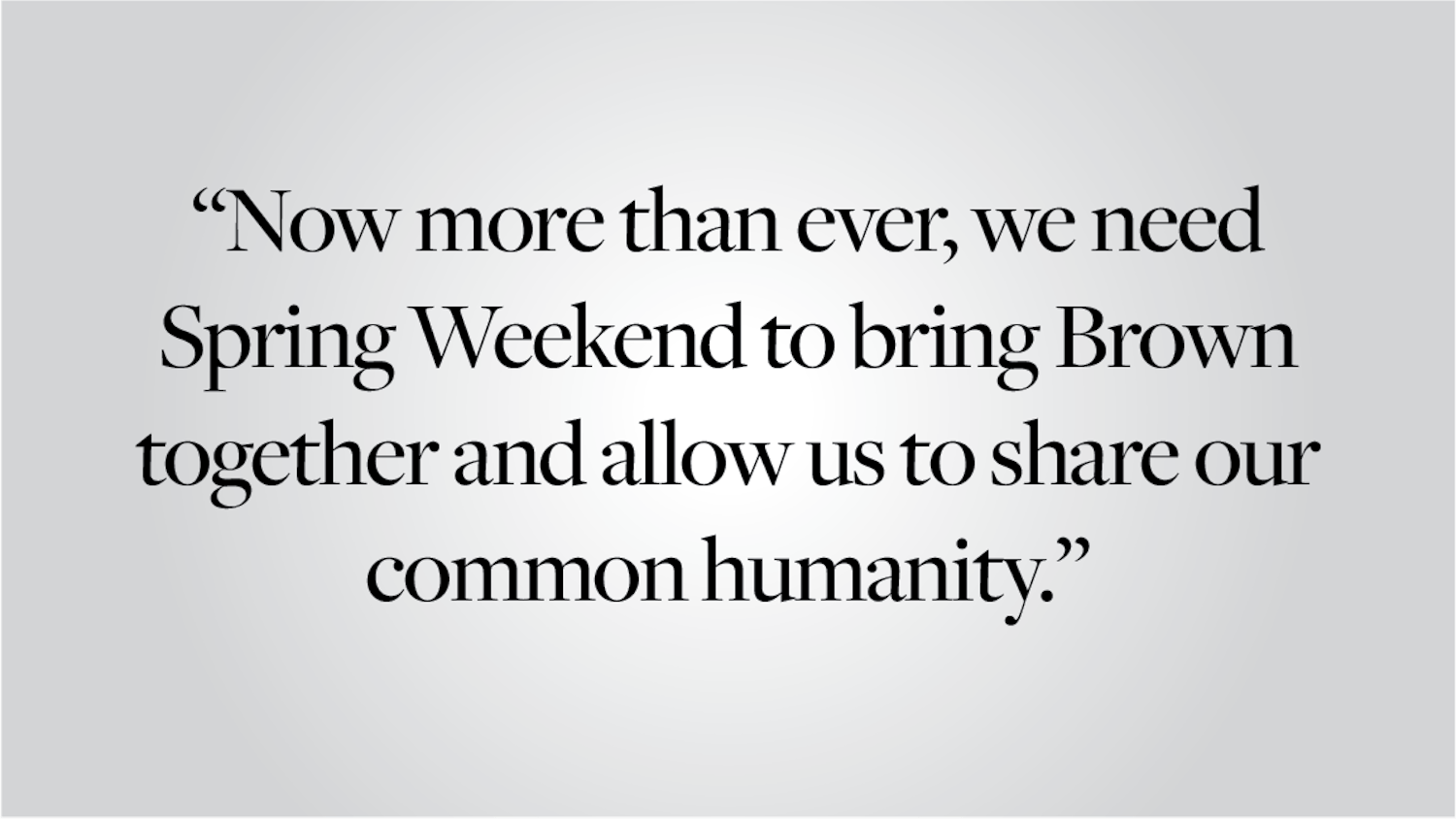Financial Accounting. Organic Chemistry. Introductory Calculus. No matter the concentration, there will always be that one class that grinds your gears. They are coined “weed-out” classes. Weed-out economics classes filter out the hopeful Goldman Sachs interns. Weed-out chemistry classes filter out the pre-meds. Weed-out calculus classes filter out the aspiring engineers.
While it’s not an ingrained, institutional establishment, it is sort of an unspoken, widely-understood idea. Despite the lower course number on Courses@Brown, weed-out classes can take more time and effort than some upper-level courses, filtering out those who are supposedly “not fit” to continue toward a career involving the concepts covered in lecture. Courses that leave students discouraged from pursuing a career path based on their academic performance in one class alone are simply unfair. Students’ performance can be due to a variety of factors, including exposure in high school, innate ability to grasp the material quickly and most chiefly, college-level support.
What is it about these weed-out classes that makes them so difficult? Is it the heavy amounts of homework or the blisteringly fast pace of the course? Most would argue that these classes are so hard because of a combination of both, while many studies find that a lack of learning support for students without previous exposure also contributes to their difficulty.
But why should a single class determine whether someone is destined to succeed as a stock broker, doctor or engineer? Even more frighteningly, this almost Darwinian approach to undergraduate specialty has the potential to stifle not only the dreams of the most ambitious learners but also to widen the gender gap in STEM fields. A study conducted for the Characteristics of Successful Programs in College Calculus found that women are 1.5 times more likely than men to stop their pursuit of STEM studies after taking Calculus I, not due to a lack of strength, but to a lack of confidence in their mathematical abilities.
It is also important to note that there is a difference between a course trying to filter students out and a person who decides by themselves that they no longer want to concentrate in a specific area. The same study from CSPCC found that roughly 50 percent of people who expressed interest in pursuing a STEM degree as a first-year actually obtained that STEM degree. This is to be expected, as many students will take advantage of their academic freedom — especially that offered by Brown’s Open Curriculum — to explore career options.
Say a student takes an introductory computer science class because they want to pursue a career in coding but later realizes they prefer comparative literature. They are finding the path that is most suited for them, which is not nearly as devastating as a student passionate about becoming a software engineer only to be discouraged and lose confidence in their ability to succeed because of an unsatisfactory grade in an introductory coding class.
While weed-out classes are known to take a more sink-or-swim approach to education, there are some courses at Brown that actually have support systems built into their structure. The group problem solving sessions of CHEM 0330: “Equilibrium, Rate and Structure” immediately come to mind as one of the class’ highlights and an opportunity for students to interact with each other outside of lab, fostering a sense of community and camaraderie, despite the grueling nature of the course.
This is a good example of extensive support for students in rigorous weed-out classes. There need to be more examples like this within Brown’s hardest introductory classes, not only to combat the gender discrepancy in STEM and other fields of study, but also to instill more confidence and foster the strong skill sets needed for tomorrow’s workforce.
It is true that some careers are not for everyone — mainly those not passionate in the field. Why should classes deter people who are passionate and willing to dedicate time and energy from a course in which they are not naturally gifted? With more support for students struggling in these classes, we could see vast improvements in equality of demographics across multiple industries.
Rachael Schmidt ’21 can be reached at rachael_schmidt@brown.edu. Please send responses to this opinion to letters@browndailyherald.com and other op-eds to opinions@browndailyherald.com.





